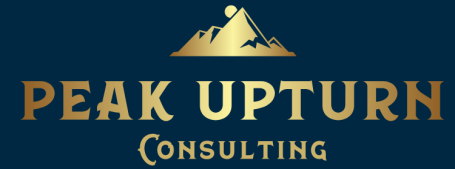Employee Investigations
Our comprehensive Employee Investigation Program, meticulously designed to address charges of discrimination as outlined by Federal law. Our initiative not only investigates such allegations but also takes proactive measures to forestall future instances of discrimination.
Understanding the significance of evaluating potential risks in these scenarios, we empower you to make the most informed decisions for your company's welfare.
These bullet points outline our main services. To design a program tailored to your business, we recommend arranging a consultation.
Investigation Planning:
- Develop investigation plans outlining the scope, objectives, and timeline of inquiries.
- Determine the appropriate investigative approach based on the nature and complexity of the case.
Interviewing and Information Gathering:
- Conduct interviews with employees, witnesses, and relevant parties to collect facts and statements.
- Gather and analyzed documentary evidence, such as emails, records, and timecards.
Documentation and Record Keeping:
- Maintain meticulous records of interviews, evidence, and findings to ensure a well-documented investigation process.
- Prepare comprehensive investigation reports outlining the findings and recommendations.
Compliance with Laws and Regulations:
- Ensure investigations were conducted in compliance with applicable employment laws and company policies.
- Collaborate with legal counsel when necessary to address potential legal implications.
Confidentiality and Sensitivity:
- Handle investigations with the utmost discretion and sensitivity, safeguarding the privacy and reputation of all parties involved.
- Communicate investigation updates only to those with a legitimate need to know.
Conflict Resolution and Mediation:
- Act as a mediator to resolve conflicts when possible, facilitating open and constructive dialogue between parties.
- Implement conflict resolution strategies to address underlying issues.
Evidence Evaluation:
- Analyze gathered evidence to determine the credibility and relevance of information provided.
- Employ critical thinking to identify patterns and inconsistencies in statements and evidence.
Recommendations and Corrective Actions:
- Develop and presented recommendations for corrective actions, disciplinary measures, or policy changes based on investigation findings.
- Collaborate with management to implement appropriate solutions.
Communication with Stakeholders:
- Effectively communicate investigation updates and outcomes to relevant stakeholders, including HR, legal, and senior management.
- Provide guidance on next steps and actions required.
Preventing Future Incidents:
- Advise on preventative measures and strategies to minimize the likelihood of similar incidents in the future.
- Conduct training and awareness programs to educate employees on company policies and expectations.
Ethical Conduct and Impartiality:
- Uphold the highest ethical standards during investigations, ensuring impartiality and fairness in all proceedings.
- Avoid conflicts of interest and bias in decision-making.
© 2024 Peak Upturn. All rights reserved.
We need your consent to load the translations
We use a third-party service to translate the website content that may collect data about your activity. Please review the details in the privacy policy and accept the service to view the translations.
